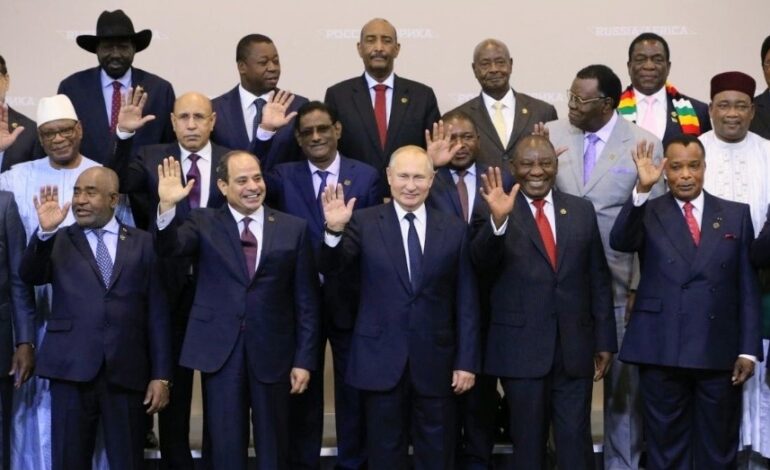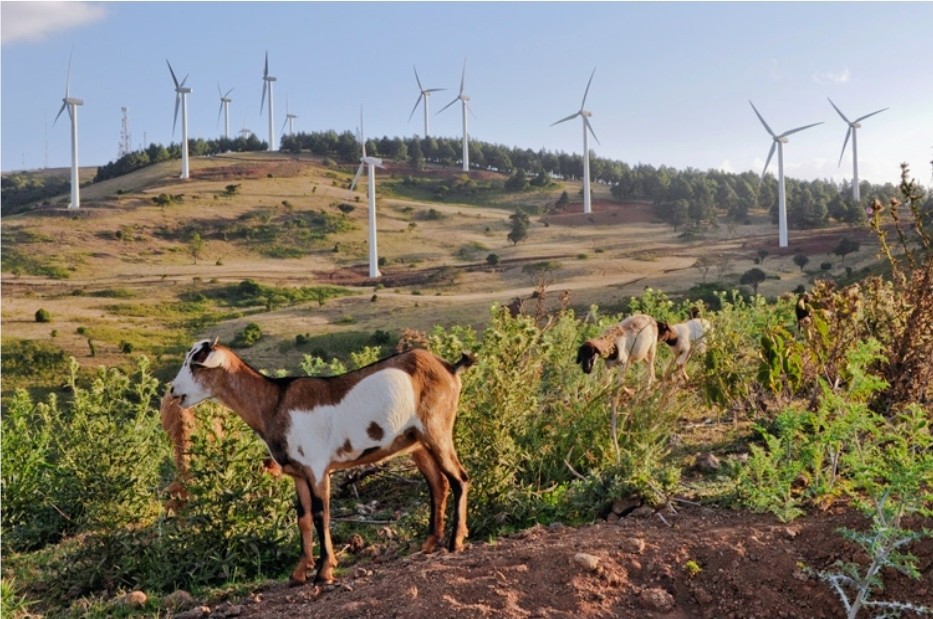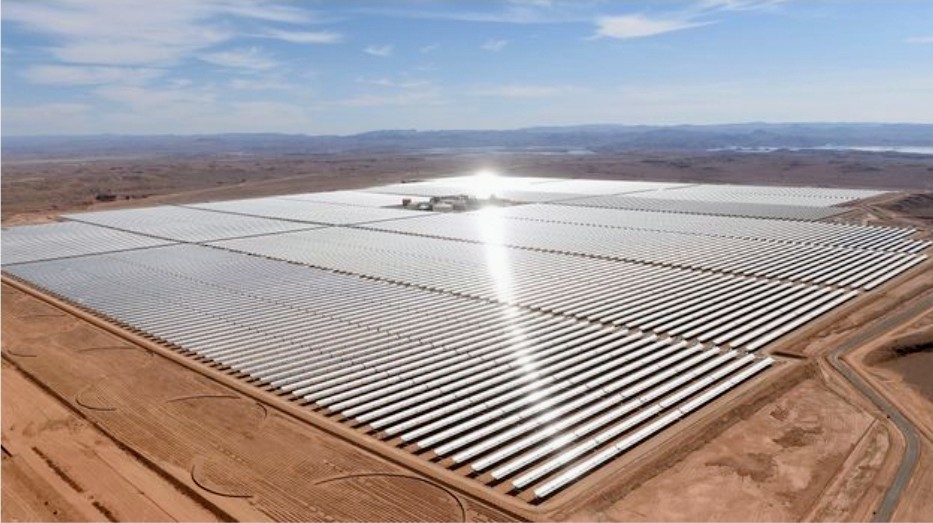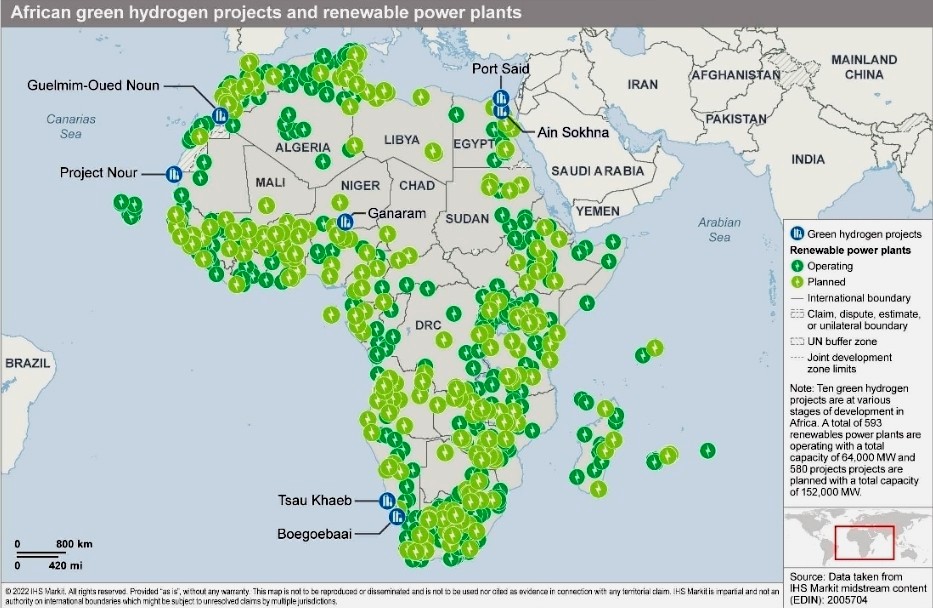
Wayne Lumbasi
Africa is standing at a historic turning point. The world is rushing toward a clean energy future, and suddenly, all eyes are on the continent that has long been treated as a supplier of raw wealth. A new report is now urging African nations to move carefully as Europe seeks fresh energy deals that promise to transform both continents. The message is clear: this could be the dawn of Africa’s green century or another chapter of unequal exchange.
Across the continent, the potential is breathtaking. From the scorching Sahara to the windswept shores of the Atlantic and the Indian Ocean, Africa holds some of the richest renewable resources on Earth. Studies show that more than sixty percent of the planet’s best solar zones are in Africa, and that regions like North and East Africa could generate more electricity than Europe uses in a year. With sunlight, wind, and water in abundance, the world’s clean future could be built right here.
Europe has taken notice. Pressured to meet its climate targets and reduce its dependence on fossil fuels, it is turning south for solutions. The European Union’s Green Energy Initiative aims to generate fifty gigawatts of renewable power across Africa by 2030 and connect one hundred million people to electricity. New projects are springing up from Morocco’s vast solar complexes to Namibia’s ambitious hydrogen ventures. On paper, it looks like progress and a partnership for mutual gain.

But beneath the bright promises lie old shadows. Many African observers warn that these deals risk turning Africa into a clean energy export zone, where green power flows out while poverty and darkness remain within.
Some contracts, they say, focus more on fueling Europe’s factories than on electrifying African homes. After decades of exporting oil, gas, and minerals for little return, Africa cannot afford to repeat that story under a greener name.
More than six hundred million Africans still live without electricity. For them, the renewable revolution must not just be about global climate targets. It must be about powering villages, lighting classrooms, running hospitals, and building African industries that create real jobs. Green energy should not only serve European cars and cities but should first drive Africa’s own transformation.

That transformation demands strong leadership and vision. Governments must insist that every renewable project builds local value. Factories for solar panels, wind turbines, and hydrogen technology should rise on African soil. Skilled labor, technology transfer, and fair pricing should be non negotiable. Energy deals should empower African economies first and ensure that communities benefit from the natural wealth beneath their feet and the sunlight above their heads.

The world is moving fast toward a green future, but Africa must not run behind. It must lead with confidence and wisdom, shaping partnerships that lift its people while contributing to the global fight against climate change.
Europe’s interest in Africa’s clean energy is not a threat, it is an opportunity. Yet it will only become a victory if Africa’s leaders protect their sovereignty, demand fairness, and ensure that every deal serves the continent’s growth before anyone else’s gain.
Africa holds the power to define its destiny. Whether it becomes a continent that fuels its own progress or simply powers the ambitions of others will depend on the choices made today. The sun shines, the wind blows, and the future waits. The question is who will truly own it?
RELATED
NEW REPORT URGES AFRICA TO AVOID ‘GREEN COLONIALISM’ IN EUROPEAN ENERGY DEALS
GEOTHERMAL 2030: A ROADMAP FOR AFRICA’S CLEAN ENERGY FUTURE








